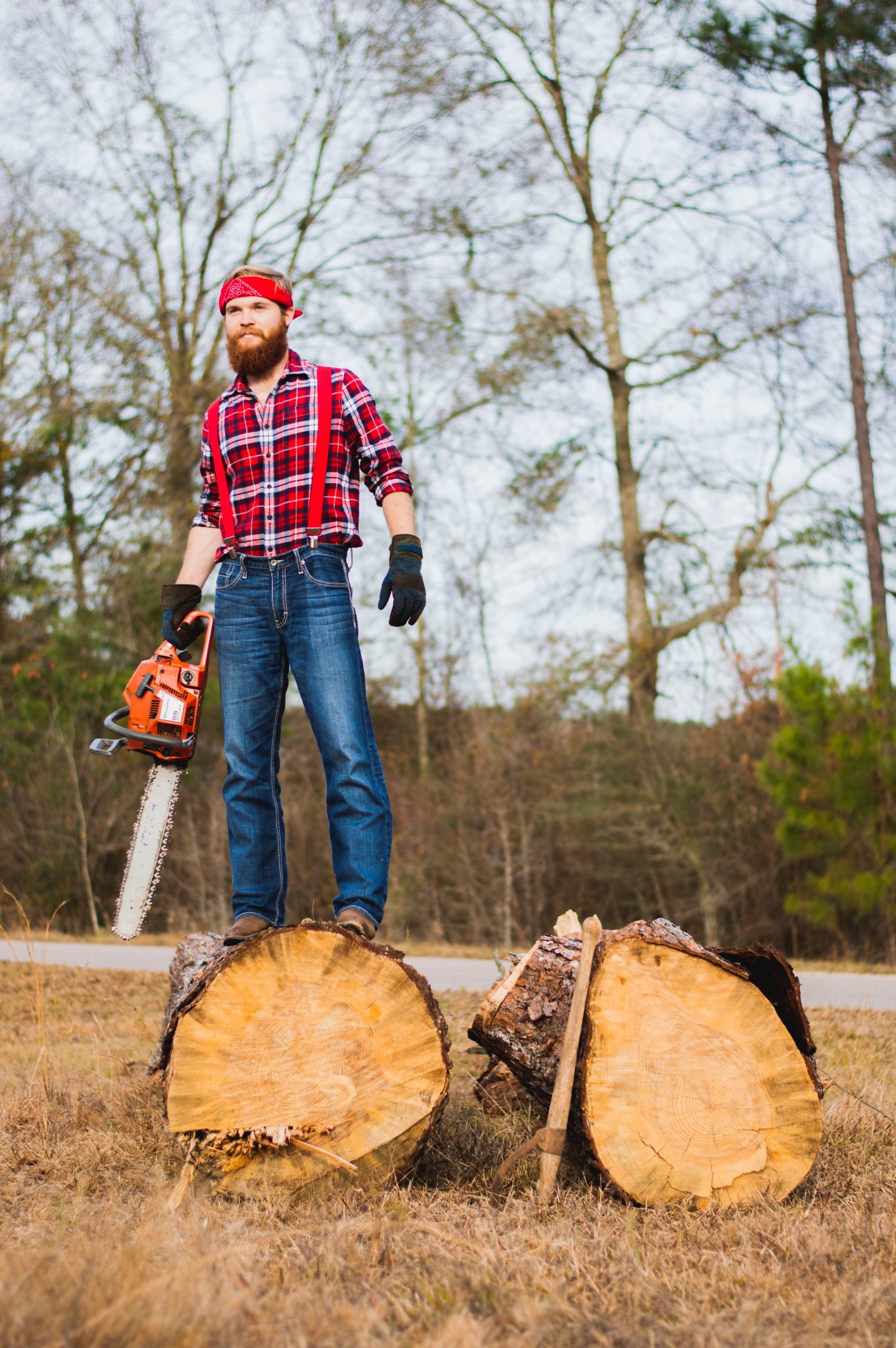Finding a chainsaw that you will appreciate takes patience as there’s an abundance of choice out there. Whether you are after something casual or something serious, there are many factors you should consider before making a decision. It can be easy to just buy something cheap and cheerful, but you risk buying a chainsaw that is unreliable and not cut out to do the job. This article goes through five key points to help you easily find a chainsaw you will appreciate.
Decide What Size You Need
Chainsaws come in a variety of sizes, so it is important to determine what size is the best for your intended use. Smaller chainsaws are easier to work with, so if you are inexperienced when it comes to using chainsaws then go smaller. Additionally, the bigger the chainsaw, the heavier it will be, so you need to bear in mind that your arms will tire and this can pose a big safety risk for yourself. So, if you are someone who is not used to handling heavy machinery, it is best to play it safe and go for the smaller and lighter size.
Do You Want It To Be Battery, Petrol, Or Electric Powered?
This is an important question that you have to ask yourself because once you narrow down whether you want battery, petrol or electric, you can decide between cordless and corded options. To get a well-rounded review of these various chainsaw options go now to Worshopedia and take a look at the reviews on options you may already be considering. The difference between cordless and corded is fairly self-explanatory but in terms of price, you can expect a cordless chainsaw to cost between $100 to $400 for the higher-end models. Whereas corded, electric chainsaws can cost less than $100 in your standard DIY chain stores. While they are cheaper, they tend to not last as long and are not good for the bigger tougher jobs. So if you need it for chopping down big, thick trees or for more frequent use generally, then you ought to opt for a petrol chainsaw.
Decide On The Length Of The Guide Bar
The length of the guide bar will be determined by your level of experience and the size of the job. If you are unfamiliar with chainsaw jargon, then a guide bar is what the chain runs around. The shorter the bar, the less it weighs making it easier to work with when doing casual work. For more casual and less frequent use, a 30cm guide bar should be more than enough. However, if you are doing more frequent and difficult work you will need to use a longer guide bar to be able to cut through the bigger trees.
What Wood Will You Be Using it On?
This is quite a simple point for you to consider, if you are using a chainsaw to cut down some firewood or to do some garden maintenance then a smaller model will do just fine. Equally, if you are planning on chopping down big trees, a larger model will make sure that it can cut through and survive the strain.
What Chainsaw Features Do You Want?
Some models will come with more features than others, so depending on your budget you ought to consider what features are important to you. Some example features are listed below.
- Chain catcher: This feature catches the chain should it come loose and fall off the guide bar. This is a really important safety feature that you will want to have.
- Chain brake: This is another safety feature that reduces the chance of nasty injuries as it automatically brakes if the chainsaw comes back in your direction.
- Oil tank: Oil keeps your chain moving smoothly around the bar guide bar. If you are someone who forgets to check the tank, consider getting a transparent oil tank so you know when to refill.
- Trigger: Every chainsaw will have a trigger to prevent accidental starts, however, some also have a second chain break in the trigger to make sure it is extra safe.
So whatever purpose you need your chainsaw for, take the time to research exactly what you need and how to get it at the right price. Don’t settle for something that isn’t good enough for the job or that will break in a few years. Go for something that has value for your money and is a chainsaw that you will enjoy putting to use.


